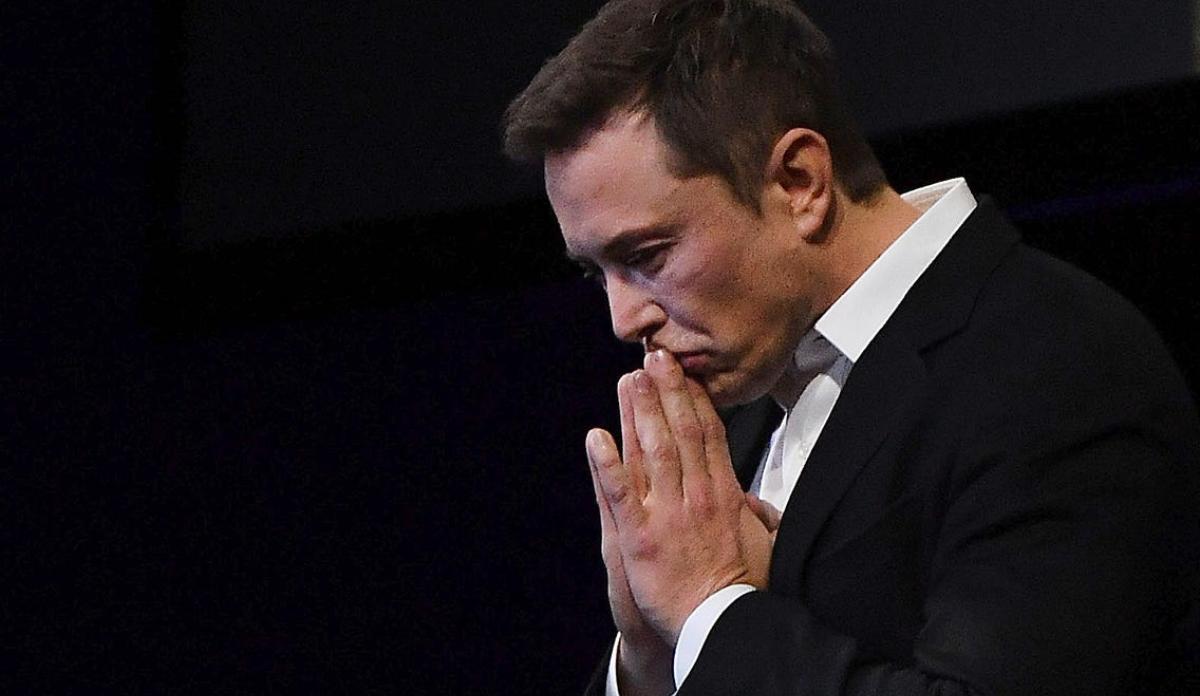Days ago, the President of the European Commission, Ursula von der Leyen, announced the start of an investigation into the subsidies that China provides for electric vehicle production.
In this regard, foreign brands exporting from China to the European Union (EU) will be investigated to determine if they are receiving “unfair aid” from the Chinese government.
However, it’s not only Chinese brands that will be scrutinized.
On the contrary, manufacturers of other origins, such as Tesla, BMW, Renault, and Geely, could also be affected if they have received subsidies for their production.
This was confirmed by Valdis Dombrovskis, Vice President of the Commission and responsible for Trade, in an interview with the Financial Times.
Dombrovskis stated that there are “sufficient indications” to justify conducting this investigation.
Furthermore, Dombrovskis explained that Europe is “open to competition” in the field of zero-emission vehicles, but such competition “must be fair.“
Finally, he asserted that the EU is “probably” the largest open market for Chinese manufacturers, as other major powers have “already imposed tariffs” on electric cars from the Asian giant.
Tesla in the Spotlight
The Financial Times reported that during the early stages of the investigation, Tesla emerged as one of the companies that likely benefited from these subsidies.
Furthermore, Tesla has enjoyed tax exemptions, cheap loans, and other forms of assistance in the Asian giant.
Indeed, the EU’s goal is to determine to what extent China has supported the company and other domestic manufacturers like BYD and SAIC Motor.
It’s worth noting that Tesla began exporting its Model 3 to Europe from its Shanghai plant in late 2020.
According to Schmidt Automotive Research, around 93,700 vehicles manufactured in China were sold in Western Europe in the first seven months.
Next Steps
All these forms of support are currently being analyzed by experts.
Chinese car manufacturers also benefit from subsidies in related sectors, including batteries and software.
The investigation has the potential to change competitive dynamics in Europe, the second-largest electric vehicle market in the world after China.
However, both sides must proceed with caution since it’s a market that represents an attractive export destination for Asian companies.
After gathering initial evidence, the EU will consult with relevant authorities and companies to determine the extent to which subsidies may be harming European producers.
It’s essential to understand that Europe has adopted standards to reduce CO2 emissions from new cars by 55% by 2030 and to allow only the sale of zero-emission cars after 2035. This underscores the importance of the electromobility market on the continent.







